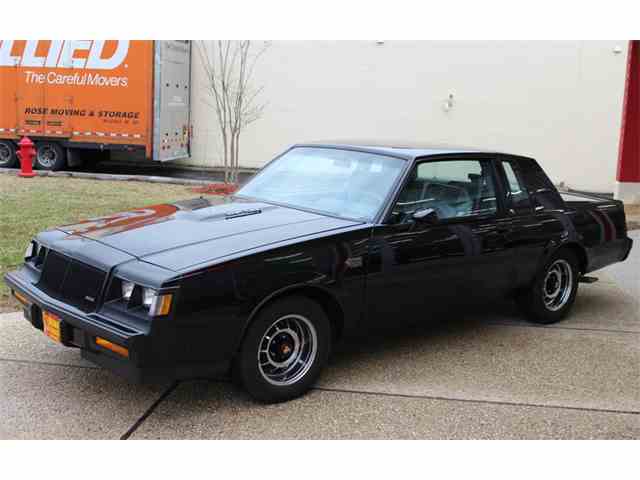Originally Posted By: AirgunSavant
Wonder how they will survive $4 plus gas with no choices?
Exactly!
In the summer of 2008 when gas prices went above $4/gal, the car manufacturers literally couldn't give away their SUVs/crossovers/pickups. People who needed vehicles were ONLY purchasing economical small/compact/mid-sized cars, the vehicles that Ford is discontinuing. People who tried to sell their full sized SUVs/pickups couldn't, and many dealers wouldn't even accept them as trade-ins. Some people were walking away from them and letting them repo, adding to the manufacturer's losses. In the fall of 2008, GM permanently closed two of their three Suburban/Escalade/Tahoe assembly plants (leaving only their Arlington assembly plant to produce them) citing that the full sized SUV market would never again support their previous production level. Gas prices above $4/gal WILL come again, it is not a matter of IF but WHEN. Ford can NOT ramp-up the production and delivery of economical cars fast enough when this happens, and they will suffer (maybe fatally) as a result.
The second (and equally important) problem with Ford's decision involves brand loyalty. Young people just starting out their working careers and familys can't afford $35k and up SUVs, even $25k used ones, so they generally start out with economical and inexpensive small/compact/mid sized cars, used and new. A large percentage of these owners will stick with a brand when they can afford to move up. If it wasn't for this fact, Chrysler would already be out-of-business. Ford is throwing away their future in pursuit of current profits!
Also, when it comes to profit margins (which is what this is all about), GM and Toyota actually make the 10% profit margin on THEIR cars that Ford is seeking, why can't Ford?
Wonder how they will survive $4 plus gas with no choices?
Exactly!
In the summer of 2008 when gas prices went above $4/gal, the car manufacturers literally couldn't give away their SUVs/crossovers/pickups. People who needed vehicles were ONLY purchasing economical small/compact/mid-sized cars, the vehicles that Ford is discontinuing. People who tried to sell their full sized SUVs/pickups couldn't, and many dealers wouldn't even accept them as trade-ins. Some people were walking away from them and letting them repo, adding to the manufacturer's losses. In the fall of 2008, GM permanently closed two of their three Suburban/Escalade/Tahoe assembly plants (leaving only their Arlington assembly plant to produce them) citing that the full sized SUV market would never again support their previous production level. Gas prices above $4/gal WILL come again, it is not a matter of IF but WHEN. Ford can NOT ramp-up the production and delivery of economical cars fast enough when this happens, and they will suffer (maybe fatally) as a result.
The second (and equally important) problem with Ford's decision involves brand loyalty. Young people just starting out their working careers and familys can't afford $35k and up SUVs, even $25k used ones, so they generally start out with economical and inexpensive small/compact/mid sized cars, used and new. A large percentage of these owners will stick with a brand when they can afford to move up. If it wasn't for this fact, Chrysler would already be out-of-business. Ford is throwing away their future in pursuit of current profits!
Also, when it comes to profit margins (which is what this is all about), GM and Toyota actually make the 10% profit margin on THEIR cars that Ford is seeking, why can't Ford?
Last edited:




